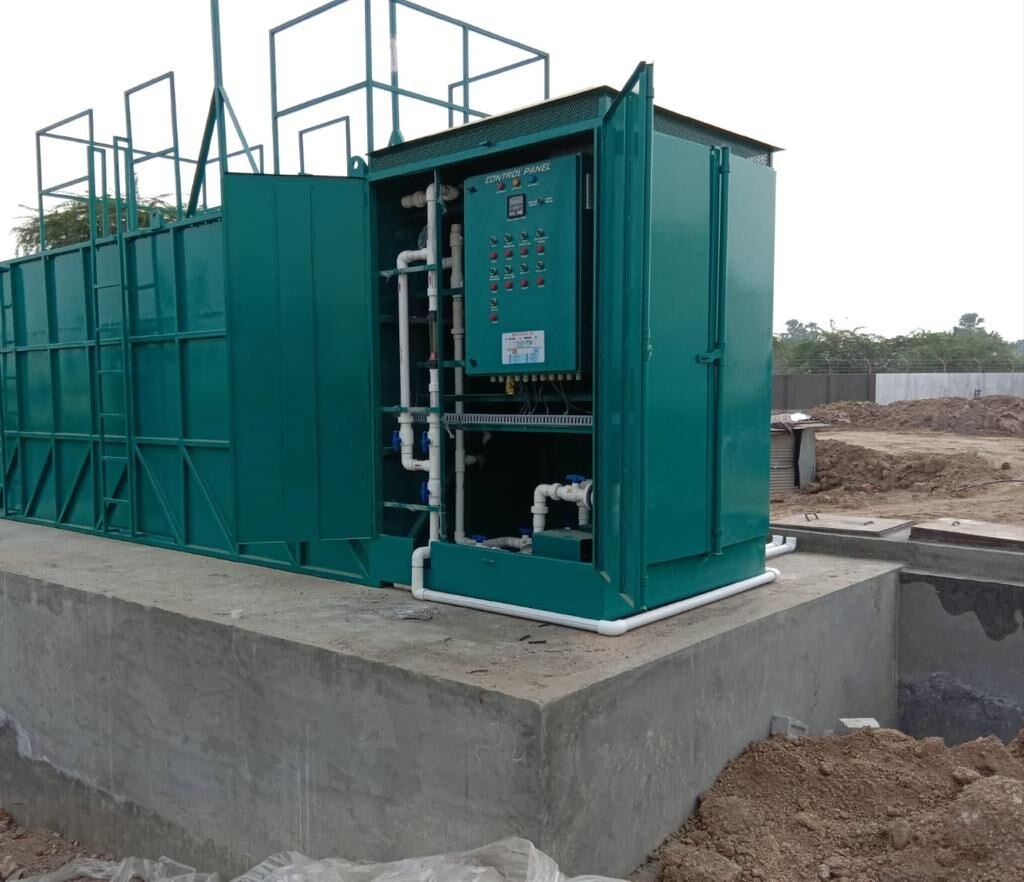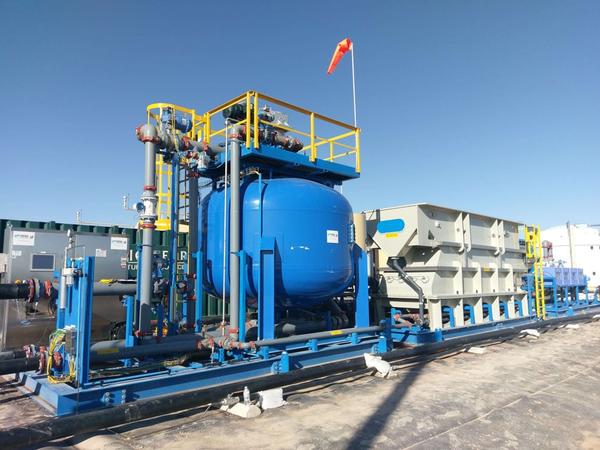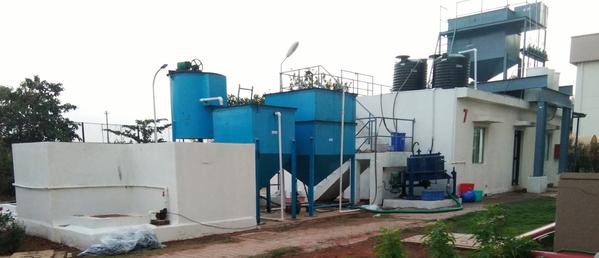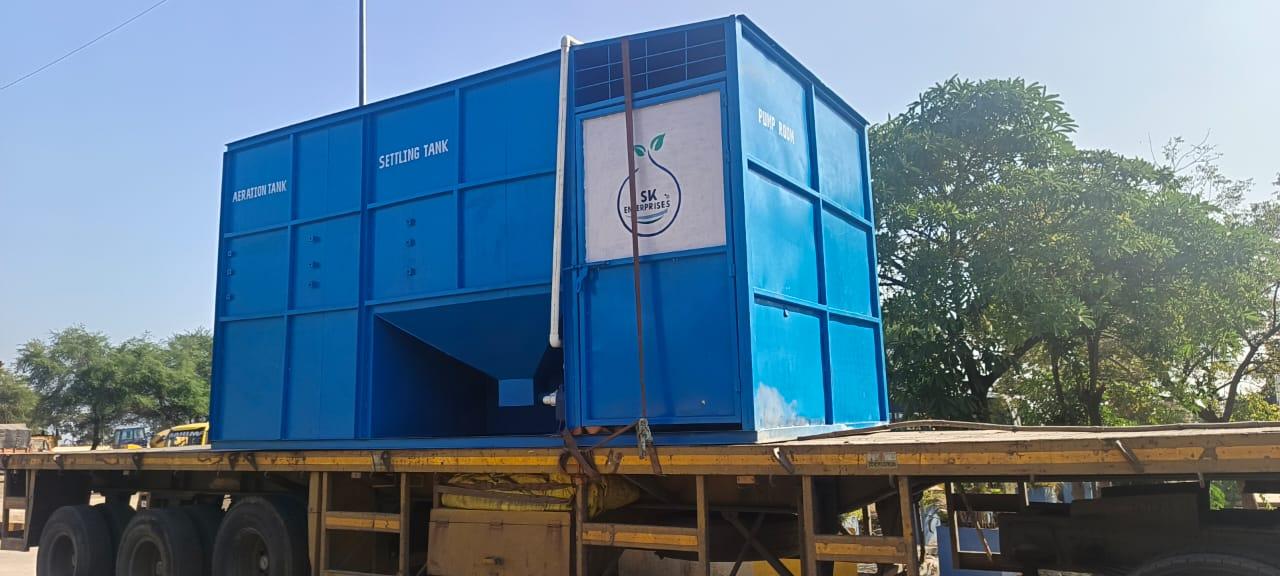Description
Product details
A membrane bioreactor (MBR) is a wastewater treatment technology that combines biological treatment with membrane filtration. It uses microorganisms to break down organic pollutants and then employs membranes (like microfiltration or ultrafiltration) to separate the treated water from the remaining solids and microorganisms. This results in high-quality effluent suitable for reuse and a smaller footprint compared to traditional activated sludge systems. How it works Pre-treatment: Wastewater first undergoes pre-screening to remove larger debris that could damage the membranes. Biological Degradation: The pre-treated wastewater enters a bioreactor where microorganisms break down organic pollutants. Aeration is provided to support the microbial activity. Membrane Filtration: The biologically treated water then passes through submerged membranes (usually microfiltration or ultrafiltration) which act as a filter, separating the treated water from the mixed liquor containing the microorganisms and other solids. Effluent & Sludge Management: The high-quality treated water (permeate) can then be reused or safely discharged. The concentrated sludge is managed, potentially undergoing further treatment or disposal. Key advantages High-quality effluent: MBR systems produce effluent of excellent quality, often suitable for reuse applications like irrigation or industrial processes. MBRs produce high-quality effluent with low levels of suspended solids, organic matter (COD/BOD), nutrients (nitrogen and phosphorus), and pathogens, meeting stringent environmental standards. Smaller footprint: The MBR design eliminates the need for large secondary clarifiers, leading to a more compact treatment plant and saving space. Enhanced treatment efficiency: MBR systems effectively remove suspended solids, organic pollutants (BOD, COD), nutrients (nitrogen, phosphorus), and pathogens. Increased operational control: MBRs offer better control over the solids retention time (SRT) and hydraulic retention time (HRT), which allows for better management of the microbial population and overall treatment efficiency. Reduced sludge production: MBR systems generally produce less waste activated sludge compared to conventional activated sludge processes. Applications MBR technology is suitable for treating various types of wastewater, including: Municipal wastewater: Widely used in municipal wastewater treatment plants, especially in areas with limited space or stringent discharge regulations. Industrial wastewater: Effective in treating industrial effluents, including those with high organic loads and difficult-to-degrade substances (e.g., from food and beverage, pharmaceutical, and petrochemical industries). Landfill leachate: Used for treating landfill leachates which contain a wide range of organic and inorganic compounds. MBR wastewater treatment stands for Membrane Bioreactor wastewater treatment, which is a state-of-the-art method that combines conventional activated sludge (biological treatment) with advanced membrane filtration.






